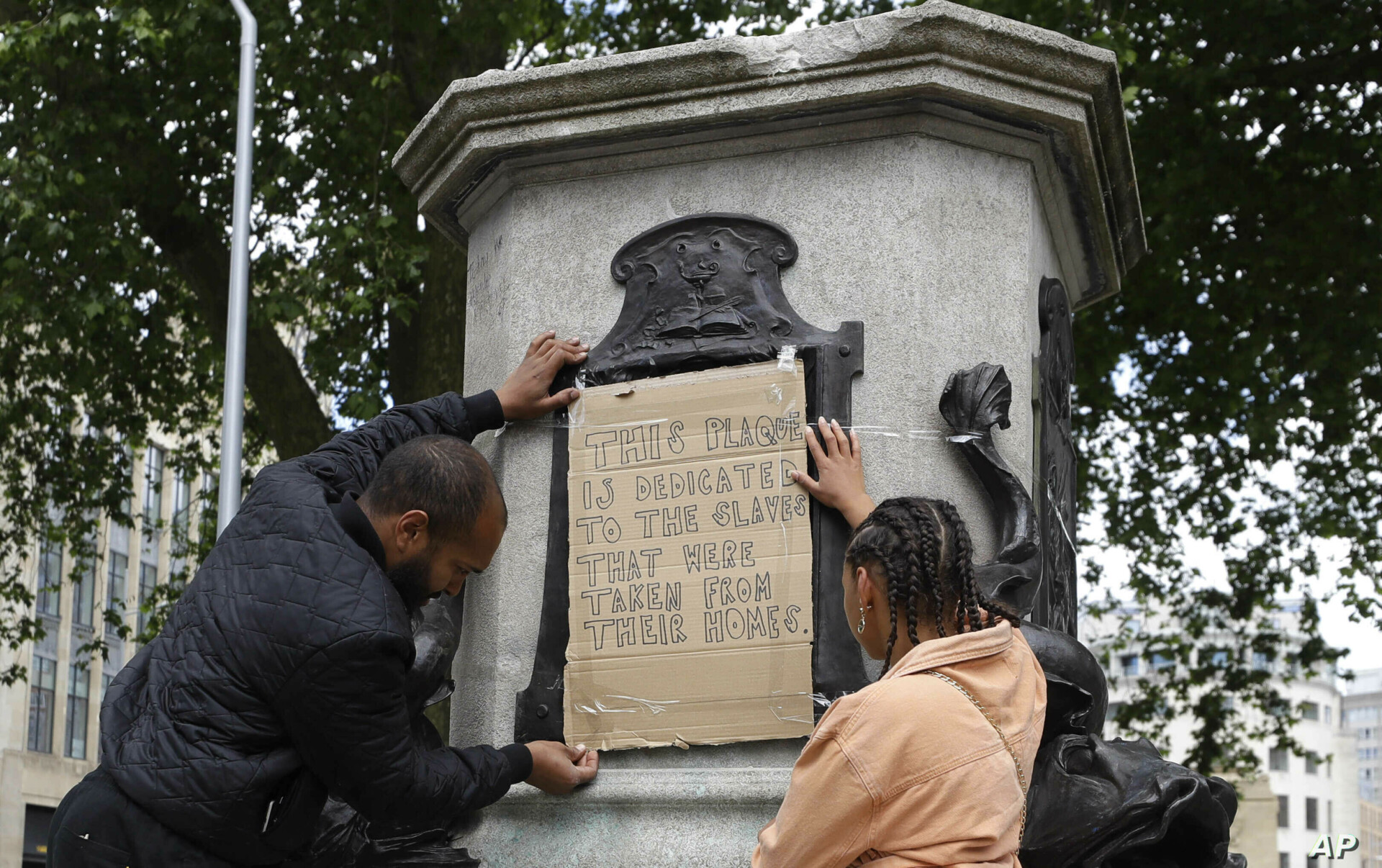Photo Credit: Justin Tallis/Getty Images
Last week, the Conservative party unveiled their police, crime, sentencing, and courts bill. The bill proposed changes to law enforcement and sentencing in England and Wales. Since its unveiling, the bill has caused public concern over its potential to pose a threat to human rights, its allowance for less government accountability to the general public, and its ability to successfully award more power and control to the government – and yesterday, on the 16th March, the bill passed its second reading by 359 votes to 263. No member of any opposing party voted for the bill, and no member of the Conservative party voted against the bill.
How does the bill affect our rights?
The PCSC bill allows law enforcement to shut down any protests of which it believes ‘may result in serious disruption to the activities of an organisation which are carried on in the vicinity of the procession’. The issue here lies with the vague grounds on which protesting may be deemed to be of ‘serious disruption’. Protests often include loud music, megaphones, shouting, etc, so if the bill cracks down on the noise levels permitted for a protest (which it does), then key elements of protests which serve to a) gain public attention b) spread their message far and wide and c) draw focus to the extent of people who have joined the protest, have been targeted. The bill states that if protestors refuse to follow orders on how their protest should be conducted, they can face fines of up to £2,500, and as BBC News reports; ‘It will also become a crime to fail to follow restrictions the protesters “ought” to have known about, even if they have not received a direct order from an officer’.
Over the summer, demonstrations against institutional racism took place across the globe as more instances of police brutality both in the US and UK gained much social media attention. In the wave of protests that ensued after the murder of George Floyd, public attention turned to the problematic issue of the statues erected across the country celebrating historical figures who had such strong ties to the slave trade. In Bristol, the statue of Edward Colston who had a strong involvement in the Atlantic Slave Trade, was toppled and pushed into the waters of Bristol Harbour. Whilst to many, the defacing and removal of a statue that celebrated the life of a racist figure seems like a positive, progressive change, authoritarian-like figures in the UK perceived this as a direct attack on British history. What that fails to consider, however, is that the toppling of the statue of a prolific racist actually educates many people about British history to a greater extent. The PCSC bill specifies that damage to such memorials will now result in a prison sentence of up to 10 years.

The bill has gained much attention on social media over the threat it poses to our right to protest and its overreaction to the damage of memorials, but another hugely problematic issue with the bill is that it also cruelly targets the Gypsy, Roma & Traveller communities. For clarity, the threats posed to the GRT community are outlined here.
Travellers Against Racism took to Twitter to express their major concerns for what this bill means for them.
This all comes as very little shock to those who have an awareness of the current government’s views on human rights, for reference, you can view the current Prime Minister, Boris Johnson’s voting record on human rights issues here.
How does this bill award the government more control?
The bill’s broad terms on how they define a ‘disruptive’ protest mean it’s potentially wide open for protestors to be treated as criminals for simply making noise about an issue that is ‘inconvenient’. It’s not a huge jump to argue that the government would utilise this bill to incriminate those who protest against the government either, we only have to look at the UK government’s unlawful proroguing of parliament in 2019 to see this.
The lack of second-party consultation for the PCSC bill should also raise major concerns over the extent of control the government has been awarded. There are no stipulations regarding another institution intervening with the way in which these laws are exercised.
David Lammy, the Labour MP for Tottenham and the Shadow Secretary of State for Justice and Shadow Lord Chancellor declared in his speech in commons yesterday that –
“By giving the police the discretion to use these powers some of the time, it takes away our freedoms ALL of the time”
Where is the outcry?
Unfortunately, the dangerous implications of this bill passing did not feature on some major news outlets’ evening news shows, but why?
Firstly, the 307-page bill was released one week before parliament had to vote on the processing of the bill, meaning the time for close analysis was incredibly short, not allowing for ministers and the public to properly scrutinise and understand the bill fully.
Secondly, confusion around the permanency of the bill has affected the concentration of outcries. In a recent YouGov poll on 14-15th March 2021, 59% of Britons believed vigils or marches should not take place during a pandemic, whilst 26% of Britons believe they should. The PCSC bill, however, is not in place to monitor the protests that occur during a pandemic, but rather, intervene and crack down on protests that occur during and after the pandemic.
The recent behaviour from Met Police at the vigil of Sarah Everard raises much cause for concern regarding the PCSC bill allowing police lawfully to intervene with future protests.
Is there anything we can do?
Whilst the reality of this PCSC bill appears bleak and daunting, it’s no reason to give up. The option to contact your local MP’s and express your concerns over the bill is still available and important. You can also follow #KillTheBill hashtags online to see what type of zoom meetings and live streams are available for you to watch in order to gain a better understanding of the implications of the bill as well as be involved in the fight against it. Lastly, investigate joining a union for your workplace, a measure that can help protect you against everyday injustices.
If you would like to read a copy of the PCSC bill you can do so here.
Words By Megan Selway








